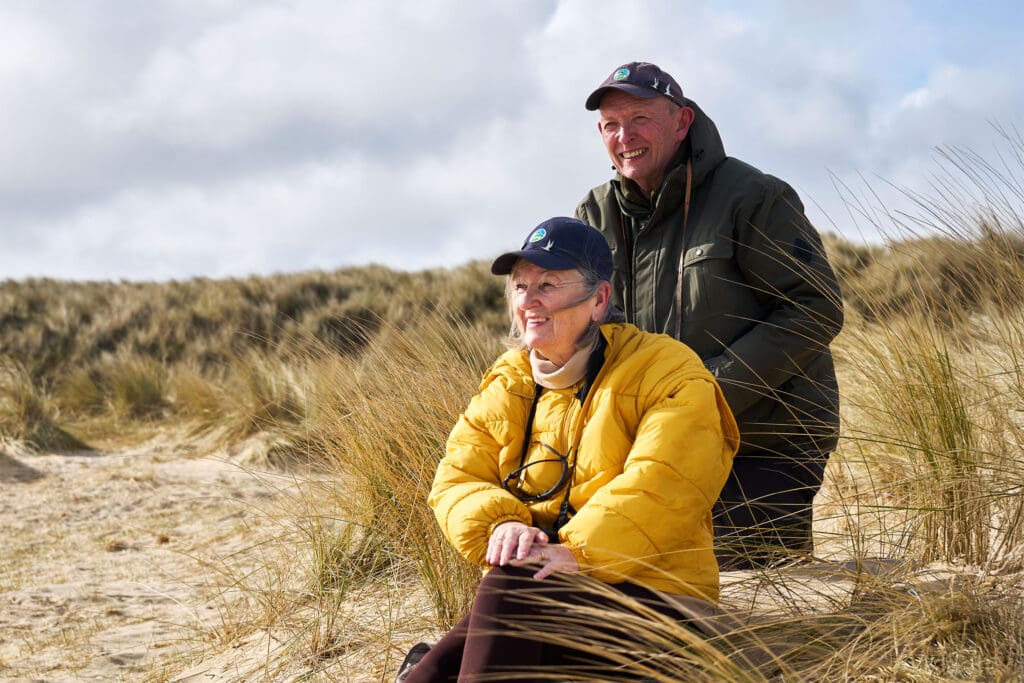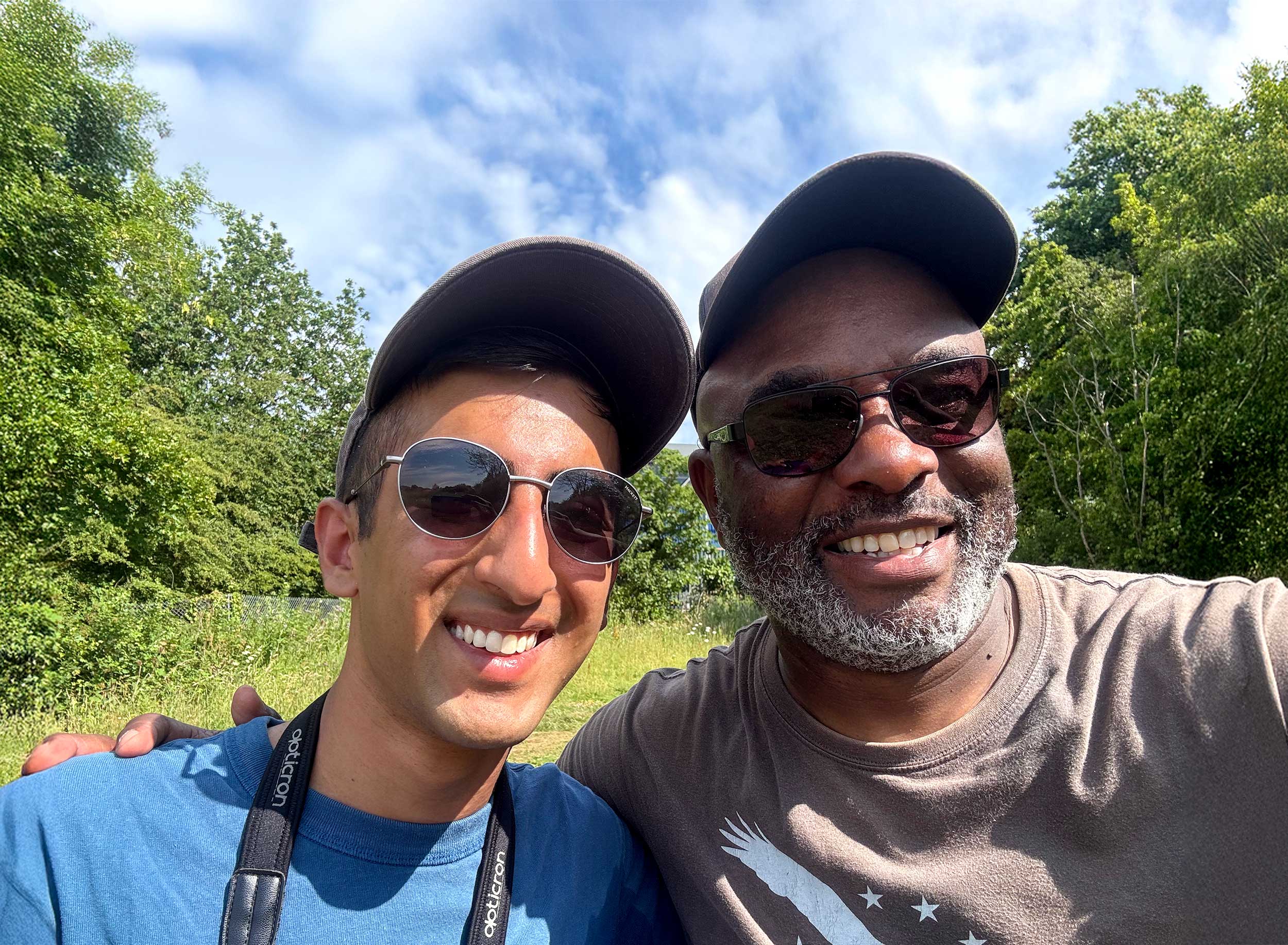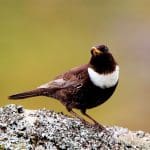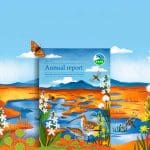Every October, Black History Month commemorates the achievements of prominent figures in the black community. Originating in the United States in 1970, Black History Month in the UK has become a celebration of the successes of British black people since 1987. Since then, many people have been lauded: famous cultural visionaries, athletes, politicians and activists, as well as lesser-known, though equally important, business figures and community heroes. These people have all been instrumental in quelling racism and normalising the notion that black people and people of colour have a massive role to play in society.
This is all well and good, but my focus has always been the world of conservation. Who are the black leaders in this field? When I looked up famous black conservationists in the UK, my research yielded a disappointing result: a big fat zero. I could not find one name. Not one. There are a few notable figures from the States, including Moses Williams (1777–1827), who was America’s first black ornithologist. Born into slavery, he later worked in a museum that housed bird specimens and learned the art of taxidermy. We have no such stories.
I have been a birder for several decades, and when I started venturing out into the field, it was during the height of in-your-face racism in the UK. I could understand then why I did not see another black face out birding. It is now 2025 and, if anything, I am out even more, birding the length and breadth of the country, and I still don’t see any black faces. Indeed, over the last 10 years, I have seen or met just four black birders in the field.
‘Despite the barriers, there are some great people out there doing fantastic engagement work, such as Flock Together’
I mentioned in a previous column that I thought that the lack of birders of colour was down to how nature was being ‘sold’ to us by the media, predominantly through the lens of white, middle-class, middle-aged men. I also mentioned that education played a huge part, too. Kids of all colours and creeds (particularly urban kids) are not exposed to nature at an early age. They grow up not seeing anyone like them acting as mentors in prominent positions within the conservation world. So, they are instantly discouraged from participating. I, too, am dispirited by this. Of course, there have been people of colour on programmes such as Springwatch, including me. But there certainly isn’t enough representation.
I also think that the organisers of Black History Month should stop stereotyping black success as being mainly the domain of the categories I mentioned previously and more actively highlight people making waves in less obvious sectors, such as the conservation world. This may have a stronger impact in galvanising black people than the work of any of the non-governmental organisations – not to underplay the good work that these organisations are already undertaking.
Despite the barriers, there are some great people out there doing fantastic engagement work, perhaps the best-known being Flock Together founded by RSPB Ambassadors Nadeem Perera and Ollie Olanipekun. If I am honest, I am struggling to name a prominent British black conservationist other than Hamza Yassin. However, there are young, up-and-coming conservationists such as Kabir Kaul, the London-based naturalist who has been awarded for his outstanding work; he’s an exemplary young man. Lira Valencia is another. She is a passionate, straight-talking and very influential conservationist with a huge following on Instagram. In my opinion, if conservation NGOs want to honour Black History Month, they should start by honouring the people who are already carrying the flag.

Write to us
Share the black conservationists, community groups and mentors we should spotlight. Real stories shape real change.
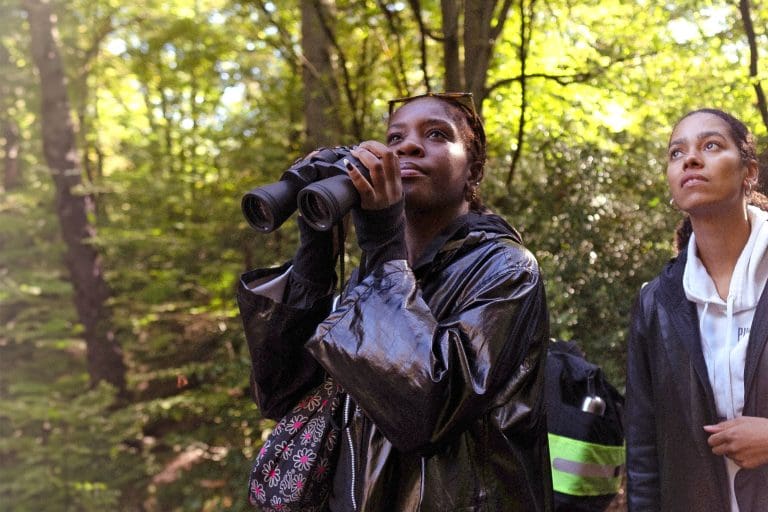
Share your stories with us. Photo: Sergio Lopez
You might also like
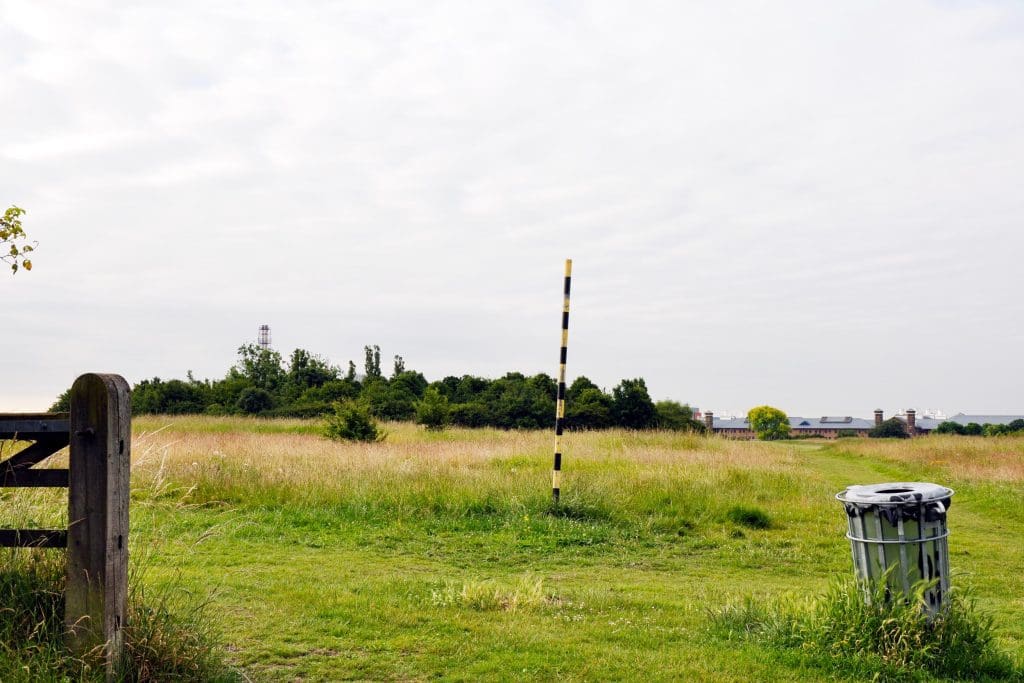
Urban nature stories
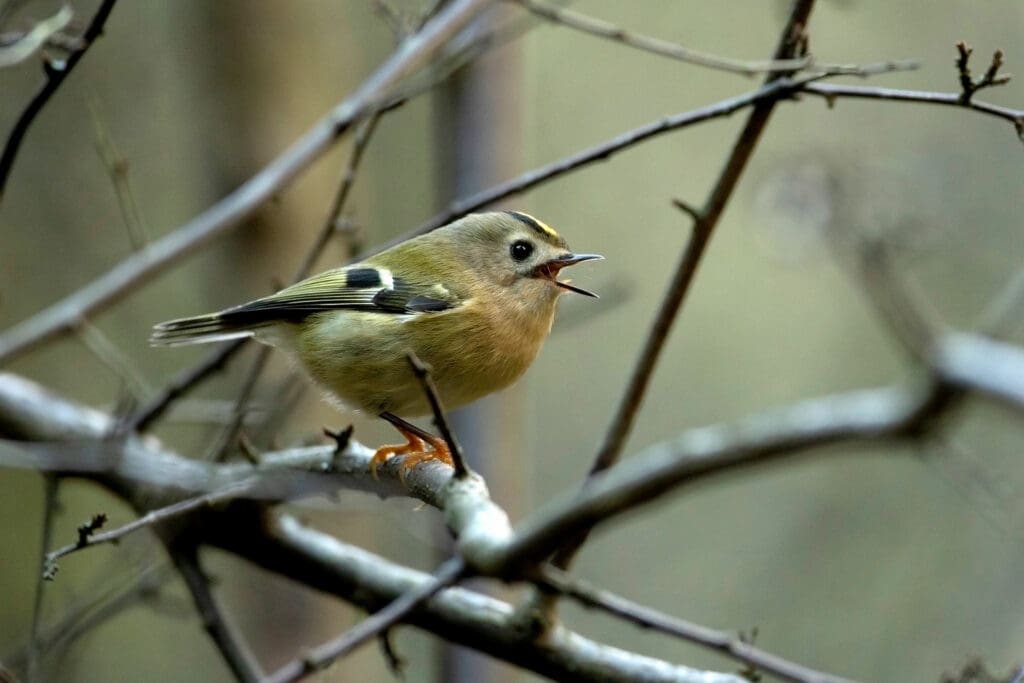
Listening to nature with hearing loss
